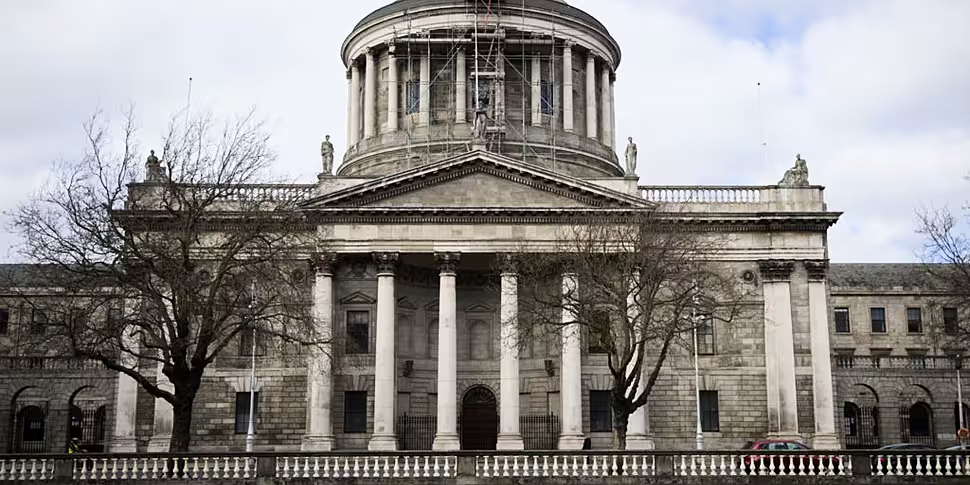The Supreme court has ruled that the Government's plan for tackling climate change should be quashed.
It follows a challenge from environmental campaigners who argued that the National Mitigation Plan (NMP) falls far short of what’s needed to tackle climate change.
Last year, the High Court ruled that it cannot “second guess” the Government over its climate policy.
The Supreme Court overturned that decision this morning and found that the plan does not provide enough detail on how it will reduce greenhouse gas emissions.
🎉🎉🎉🎉🎉🎉🎉🎉🎉🎉🎉🎉🎉 pic.twitter.com/SbROGArceW
— Climate Case Ireland (@climatecaseire) July 31, 2020
In the ruling, delivered via videolink this morning, chief justice Frank Clarke ruled that the case, brought by Friends of the Irish Environment (FIE) was answerable by the courts.
He found that a court ruling would not amount to an “impermissible impingement by the courts” into areas of Government policy.
National Mitigation Plan
He said the plan does not provide enough detail to allow a “reasonable and interested person” to decide whether it has a realistic chance of meeting Ireland’s climate reduction target for 2050.
He noted that this puts it in breach of the Climate Action and Low Carbon Development Act 2015
“A compliant plan is not a five-year plan but rather a plan covering the full period remaining to 2050,” Chief Justice Clarke said in the ruling.
“While the detail of what is intended to happen in later years may understandably be less complete, a compliant plan must be sufficiently specific as to policy over the whole period to 2050.”
"Quashed"
He found that the plan “falls well short of the level of specificity required to provide that transparency and to comply with the provisions of the 2015 Act.”
“On that basis, I propose that the Plan be quashed,” he wrote.
All seven Supreme Court judges agreed on the ruling.
The landmark decision may yet have implications elsewhere in Europe.
Friends of the Irish Environment
Launching the case, FIE warned that Ireland's greenhouse gas emissions will rise rather than fall under the NMP.
The plan aimed to reduce Ireland's emissions by 80%, compared to 1990 levels, by 2050; however, FIE said it does not go far enough to reach that goal or the EU target of a 20% reduction by 2020.
The group argued that a failure to take urgent and meaningful action to tackle climate change would amount to a breach of the Irish people’s human right.
The group said, “any delay in cutting emissions is knowingly accelerating the climate crisis, and constitutes a grave violation of our human rights, including the right to life.”
It warned that Ireland’s emissions remain among the highest per capita in the EU, despite repeated government admissions that developed countries should lead the way on climate change.









